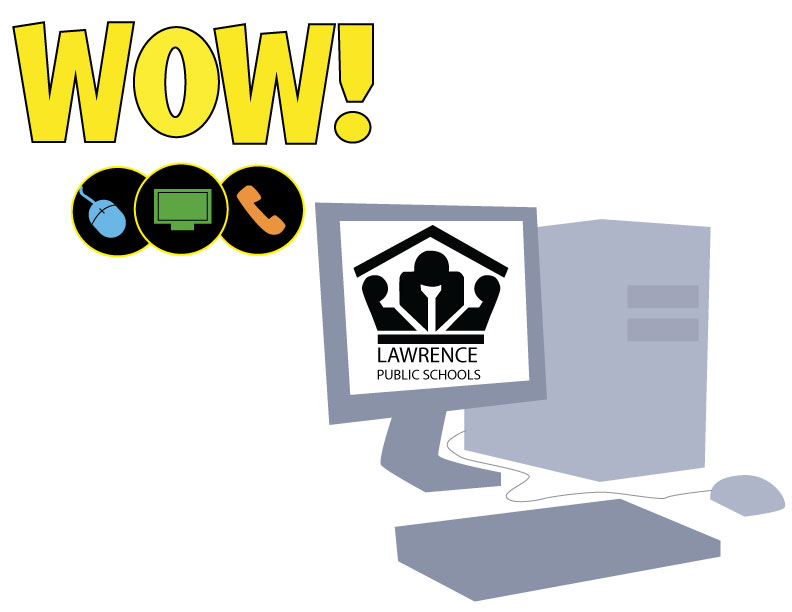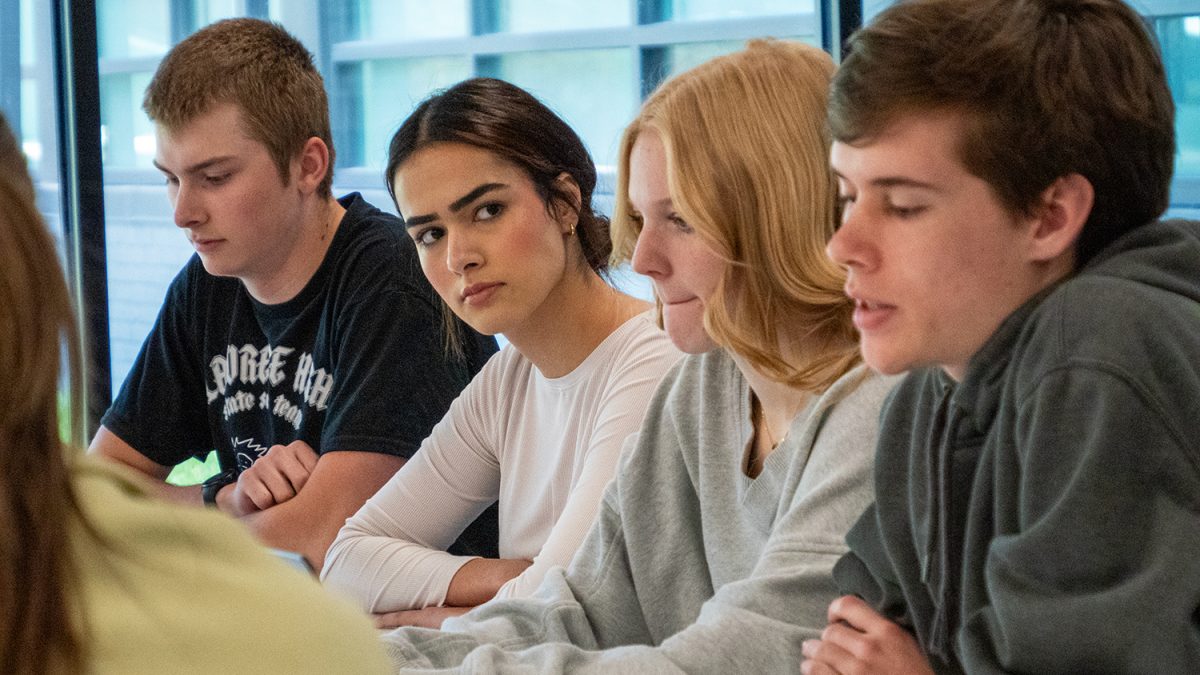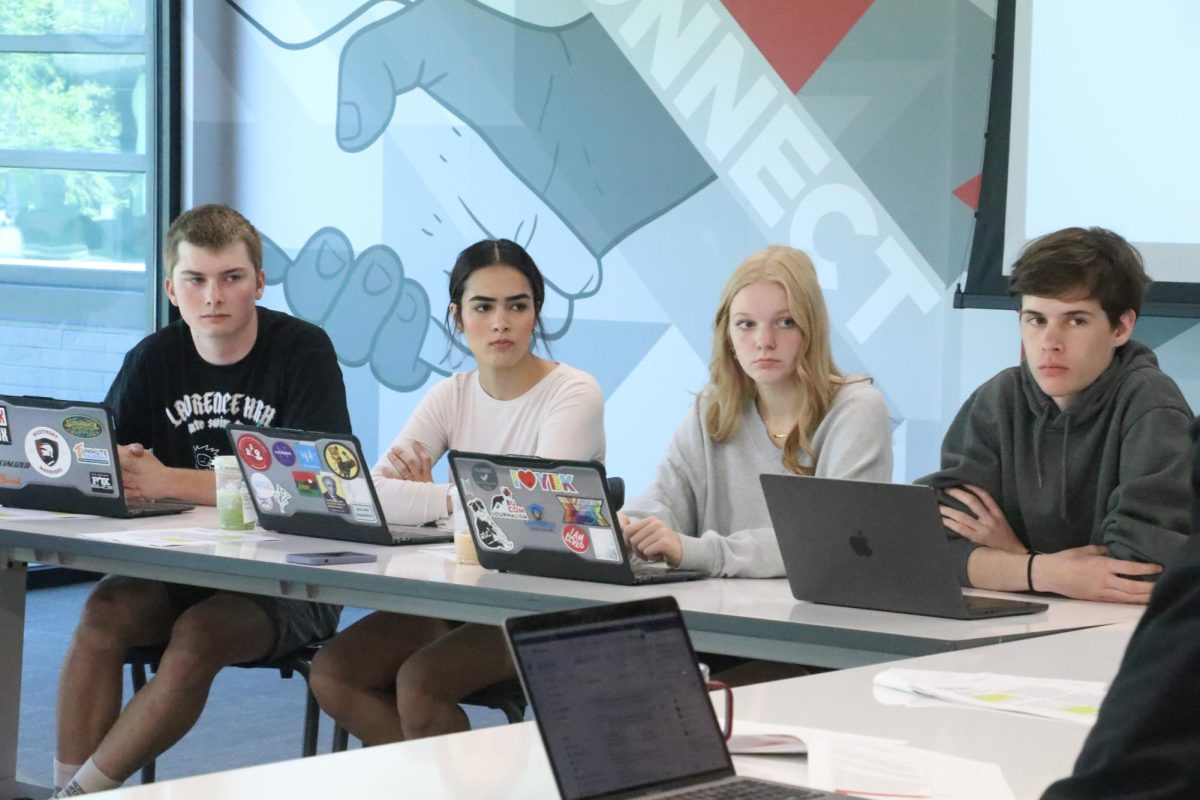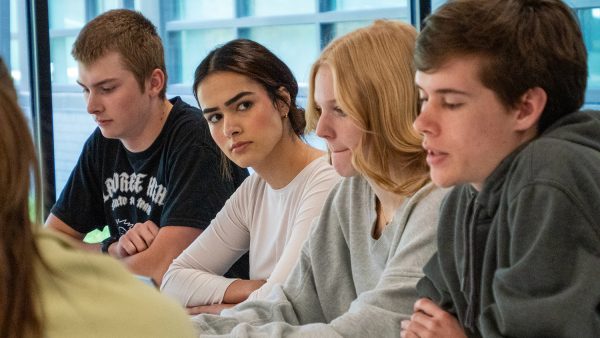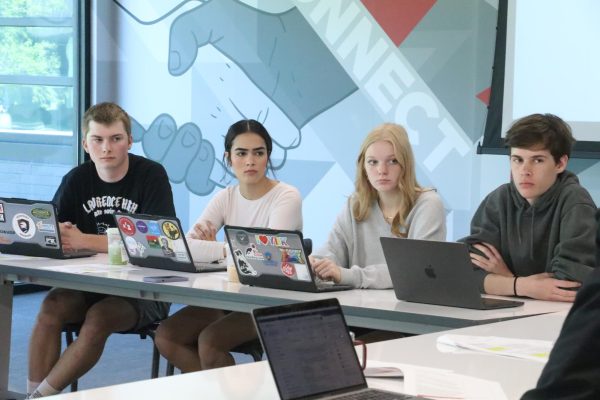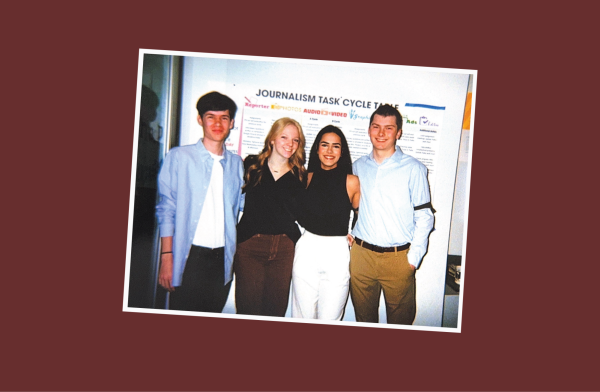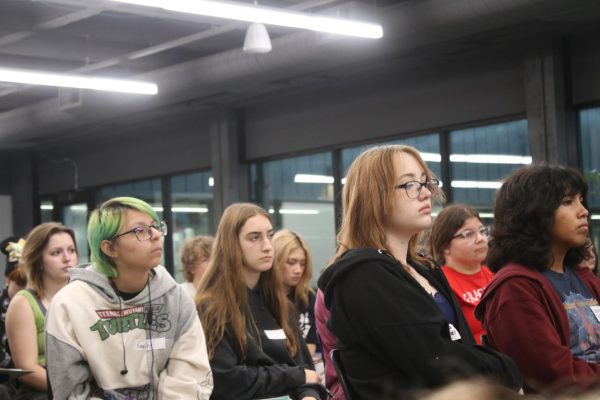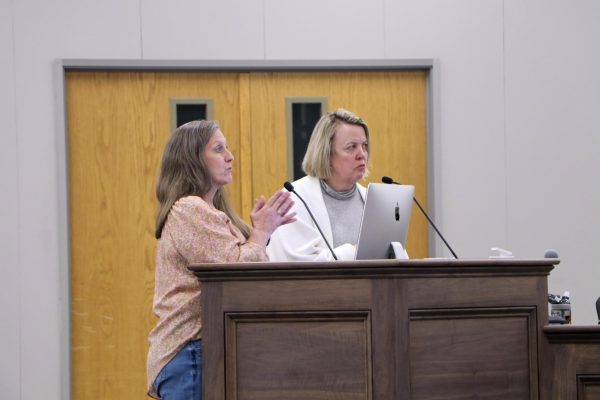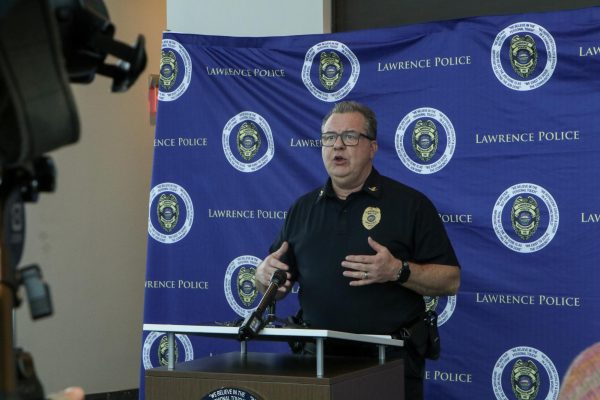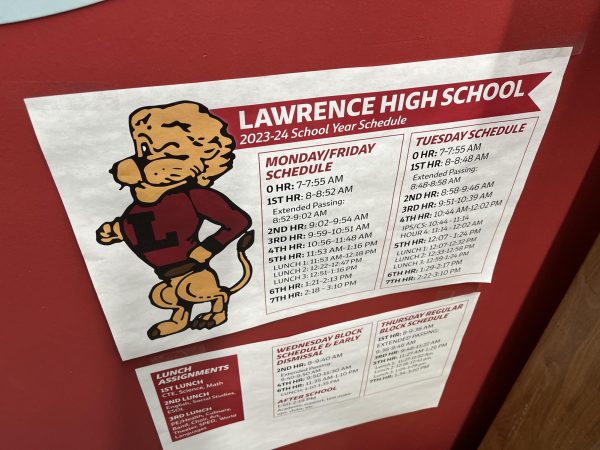USD 497 awaiting decision on appeal to FCC
January 30, 2017
The Lawrence School District is still waiting to see if it will win an appeal with the Federal Communications Commission.
At risk is $840,000 of funding.
The district is accused of accepting gifts from a private business in violation of conflict of interest rules. The problem arose when the district contracted with Knology (now WOW!) to provide internet service in its schools. As part of the deal, the district was provided up to 15 free internet accounts, which were used by school board members and district employees.
Schools depend on funding from the FCC’s “E-rate” program to provide internet access. Under that program, schools are banned from being gifted items of value from service providers. The free internet accounts are being considered as $17,000 in gifts, according to the Universal Service Administrative Company, an independent non-profit organization that administers E-rate funds for the Federal Communications Commission.
The USAC said such free accounts can influence the bidding process. In other words, the district may have been more willing to choose Knology, because it offered free internet accounts.
If the USAC’s finding is true, it would require the district to reimburse $500,000 in E-rate funding received between 2011 and 2013 and deny $340,000 in funding from 2014 and 2015, Julie Boyle, the district’s communications director, said.
The district is arguing that the free accounts didn’t influence its bid and that it shouldn’t lose the federal funds. The district has hired attorney Gina Spade, who used to work for the FCC, to write the appeal.
“I will say that I am confident that once the FCC reviews the facts, there will be a positive outcome for the district,” Spade said.
The district is arguing that the free accounts were part of a package that Knology used for business clients and didn’t influence the decision to give Knology its business. In fact, the district argues that Knology was either the low bidder or least expensive each time it was awarded the district’s business. They argue that they followed the FCC’s rules.
“The fact that a few residential accounts were included in the contract for Internet access services does not demonstrate a violation of the Commission’s gift rules, as the ineligible services did not affect the competitive bidding process,” Spade wrote in the appeal.
If there was a problem, the district argues the appropriate solution would be for the district to repay the $17,000 in free accounts — rather than lose all of the E-Rate funds.
School board Vice President Shannon Kimball said in an article with the Lawrence Journal-World that she received free internet with Knology when she joined the board in 2011. However, she switched internet providers after some time.
Kimball does not believe the district violated any rules.
“I do want to be clear that it’s not my position that the district did anything wrong,” she said in the article. “I know the contracts were competitively bid according to the federal rules.”
As of Jan. 30, no decision has been made on the appeal. Boyle said she feels hopeful that the FCC will rule in the district’s favor.
“The bottom line is the school board’s competitive bidding process in 2011 was not influenced by complimentary service accounts,” Boyle said.



